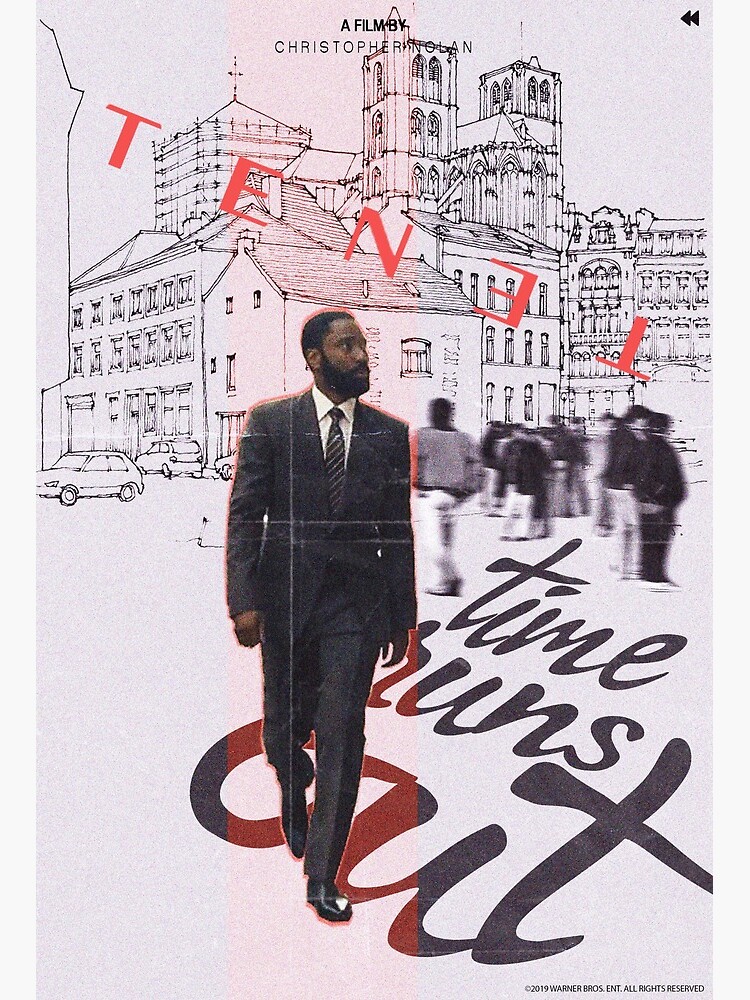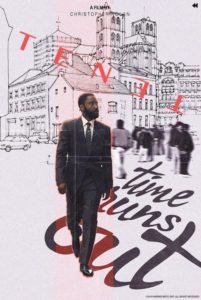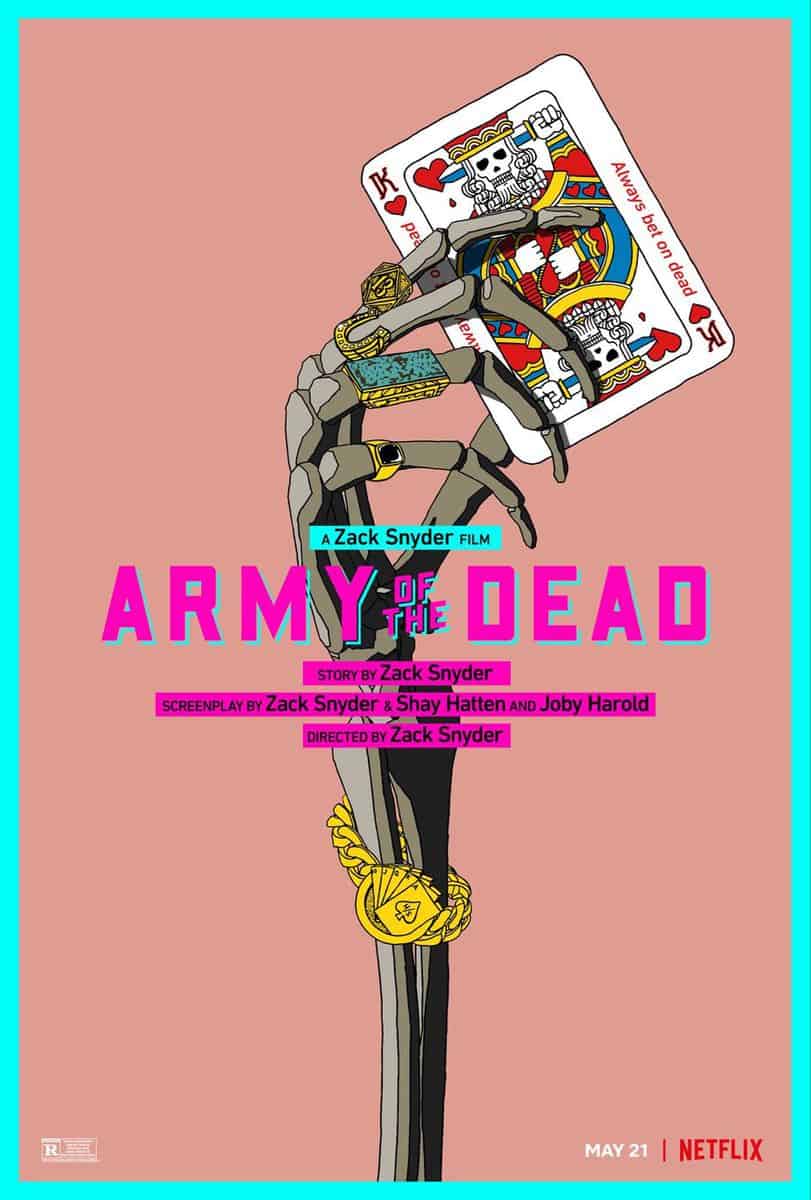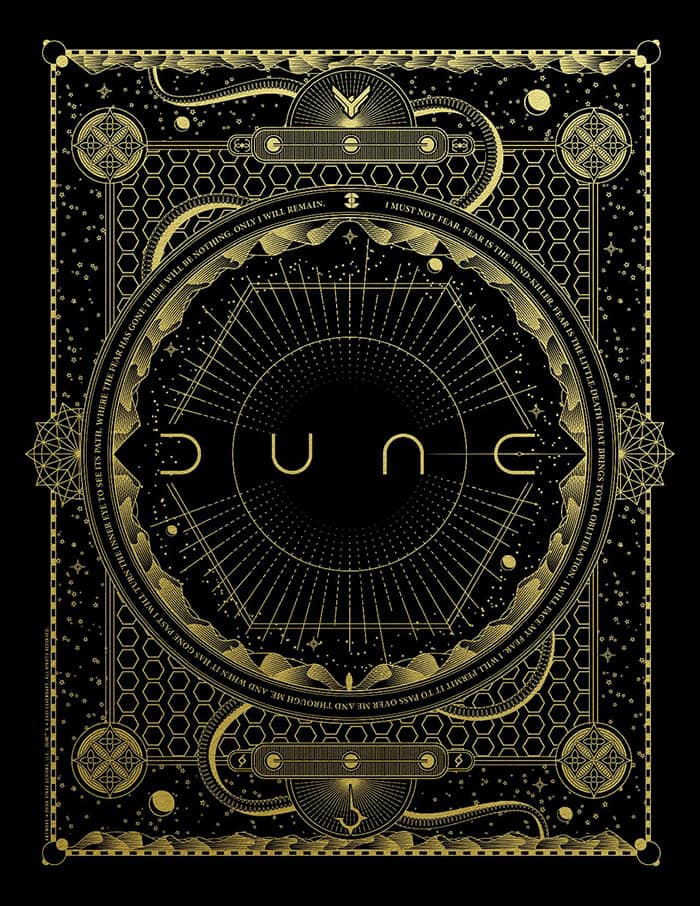
Welcome to September! As the film industry gradually opens up we’ve seen an uptick in film scores releases (including a few major ones!) and hopefully the trend continues! This month sees a broad array of great scores, from the experimental angles of Tenet and Antebellum to the gentle comforts of Blackbird. Read on and don’t forget to read my other monthly wrap-ups.
Ludwig Göransson’s Tenet is one of the most divisive film scores in recent memory, and understandably so. Many expected Göransson to build off his prior works, such as Black Panther and Creed, and deliver another melodic, theme-based score. This is not the case with Tenet. Instead, Göransson creates a noisy, metallic soundscape. On first blush it can sound like a single droning slab of music, but it’s actually teeming with variation. He packs the score with seemingly endless ideas – quick melodies, unique sounds – bubbling beneath the surface. But the overriding industrial drone will be too much for some, acting as an unwavering taint upon the score. Nonetheless, Tenet is arguably Göransson’s most creative piece of film music and establishes his comfort and skill in new genres.
At the opposite end of the musical spectrum is Harry Gregson-Williams’ score for Mulan. Gregson-Williams’ work is action packed and high-energy, bolstered by several strong themes and a tasteful mixture of numerous Chinese instruments and traditional Western orchestral scoring. Unfortunately, it’s drawn negative comparisons to Jerry Goldsmith’s work on 1998’s Mulan. It’s understandable, but also unfortunate, undermining the strength of Gregson-Williams’ work by judging it against nearly impossible-to-meet standards.
I usually don’t like it when licensed songs are intermixed with a film’s score in an album release. The listening experience is often uneven due to jarring transitions between song and score. But it was done perfectly in The Devil All the Time, where a slew of country love songs blend into Danny Bensi and Saunder Jurriaans’ somber bluesy/folk score. It’s a slow journey from love into loss, warmth into sorrow.
Strong Works from Young Composers
I’m always excited for the debut scores of non-film music composers because their varying backgrounds often lead to interesting results. Such is the case with Nate Wonder and Roman Gianarthur’s score to Antebellum. The score’s highlight is a powerful, draining theme that builds from sparse, slow strings to a massive orchestration. It adds a dark energy to the score’s drones and ambient orchestral chaos, creating a bleak intensity that is more frightening and unsettling than most pure horror works.
It’s a shame that Peter Gregson’s score to Blackbird seemingly flew under the radar, overshadowed by some higher-profile releases that came out the same day (like The Devil All the Time, Antebellum, and Enola Holmes). Gregson’s score is absolutely gorgeous: a robust orchestral piece led by luscious strings that pour over the listener in a delicate cascade. For the last several years, Gregson has worked as a musician on countless major scores, so it’s great seeing him continue to branch out into film scoring, particularly when the results are so good.
A Few Other Favorites
I don’t always have the time to write about every single score good score that releases in a given month, and September is no exception. A few of my other favorites include:
- Clay’s Redemption by Two Twenty Two;
- The Secret Garden by Dario Marianelli;
- Enola Holmes by Daniel Pemberton; (Interview)
- Kajillionaire by Emile Mosseri; and
- The Man in the Hat by Stephen Warbeck



